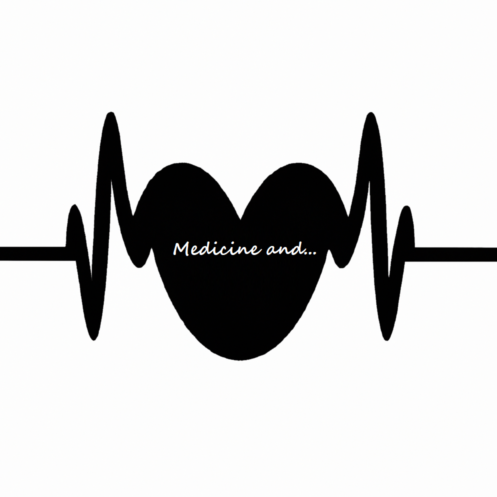The treatment of atrial fibrillation (AFib) depends on the severity of the condition and the presence of any underlying conditions. Some common treatment options include:
- Medications: There are several medications that can help to control the heart rate and rhythm in people with AFib. These may include beta blockers, calcium channel blockers, and blood thinners.
- Cardioversion: This is a procedure in which an electrical shock is delivered to the heart to restore a normal heartbeat. It may be performed in an emergency setting if AFib is causing serious symptoms, such as shortness of breath or chest pain.
- Catheter ablation: This is a procedure in which a long, thin tube (catheter) is inserted into a blood vessel and guided to the heart. Radiofrequency energy or heat is used to destroy small areas of abnormal tissue in the heart that are causing AFib.
- Surgical procedures: In some cases, surgical procedures such as the Maze procedure or the Cox-Maze procedure may be recommended to correct the underlying cause of AFib.
It’s important to note that AFib can have serious consequences if left untreated. It can increase the risk of stroke, heart failure, and other complications. Therefore, it’s important to speak with a healthcare provider about the appropriate treatment for your individual case. They can help to determine the most effective treatment plan for you based on your specific needs and circumstances.

Leave a Reply